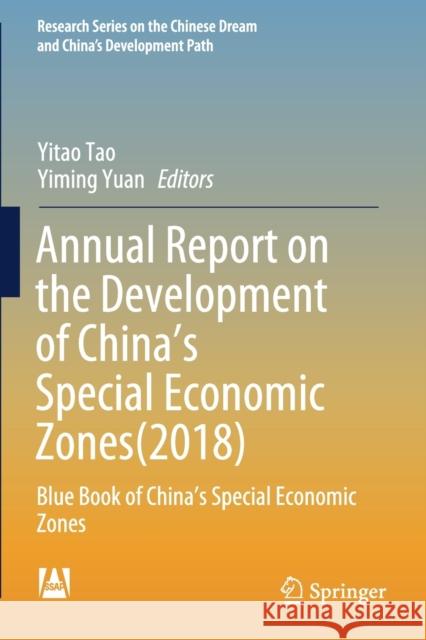Annual Report on the Development of China's Special Economic Zones(2018): Blue Book of China's Special Economic Zones » książka
topmenu
Annual Report on the Development of China's Special Economic Zones(2018): Blue Book of China's Special Economic Zones
ISBN-13: 9789811398391 / Angielski / Miękka / 2020 / 213 str.
Annual Report on the Development of China's Special Economic Zones(2018): Blue Book of China's Special Economic Zones
ISBN-13: 9789811398391 / Angielski / Miękka / 2020 / 213 str.
cena 201,72
(netto: 192,11 VAT: 5%)
Najniższa cena z 30 dni: 192,74
(netto: 192,11 VAT: 5%)
Najniższa cena z 30 dni: 192,74
Termin realizacji zamówienia:
ok. 22 dni roboczych.
ok. 22 dni roboczych.
Darmowa dostawa!
Kategorie:
Kategorie BISAC:
Wydawca:
Springer
Seria wydawnicza:
Język:
Angielski
ISBN-13:
9789811398391
Rok wydania:
2020
Wydanie:
2019
Numer serii:
000904285
Ilość stron:
213
Oprawa:
Miękka
Wolumenów:
01
Dodatkowe informacje:
Wydanie ilustrowane











